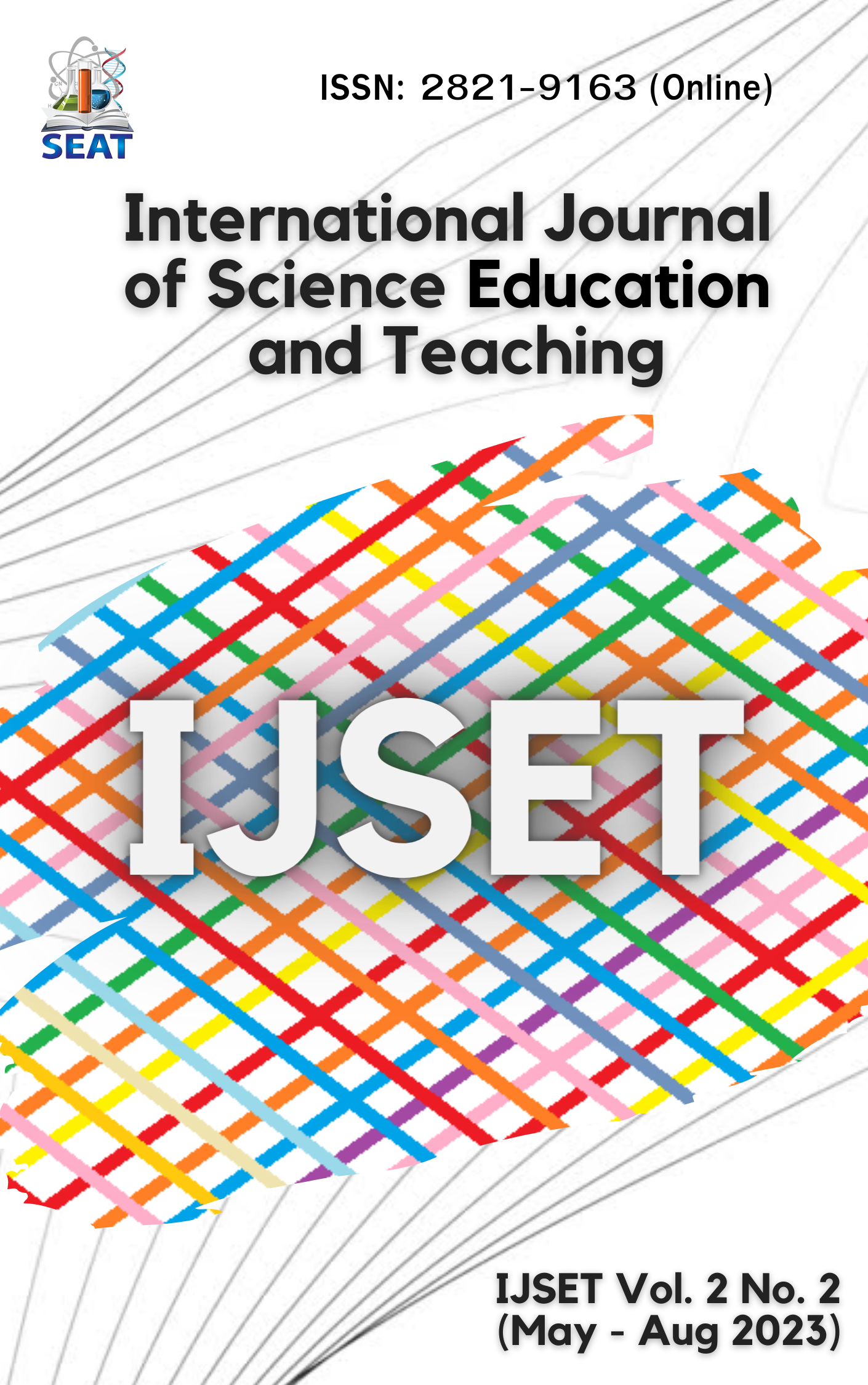The Teacher Representations of Pedagogical Content Knowledge (PCK) in Biology Classroom
Main Article Content
Abstract
This is qualitative-quantitative research, where the main concern is to investigate pedagogical content knowledge representation of Biology Teachers and determine the effect and/or subsequent relationships with the student conceptual understanding. The study focuses on six biology teachers and a total of 222 students in their respective classes. The study utilizes classroom discourses analysis, interpretative case study method, bracketing method, and concept analysis for the qualitative part; the quantitative part uses a non-parametric statistical tool, Kendall’s Tau Coefficient test on the relationship of Teacher’s representation and students’ conceptual understanding, and paired t-test for differences of pre- and post-instruction of concepts. The data collection entailed seven (7) months immersion: one month for preliminary phase for the researcher to gain teachers’ and students’ confidence and the succeeding six (6) months for the main observation and data collection for the research. The study reveals some patterns of teachers’ activities inside a biology classroom, particularly in planning the lesson, motivation, assessing students, teachers’ schema in representing content knowledge (Declarative and Procedural) inside the biology classroom. The effects and/or relationships of teachers’ representation to students’ conceptual understanding indicated that teachers’ representation of content knowledge does affect the individual students’ conceptual understanding by increasing complexity of their knowledge structure as well as spread of scores in the class.
Article Details

This work is licensed under a Creative Commons Attribution-NonCommercial-NoDerivatives 4.0 International License.
References
Abd-El-Khalik and , F and S. BouJaude. (1977) An Exploratory Study of the Knowledge Base for Science Teaching. Journal of Research in Science Teaching. 34:7 (673-699).
Barquilla, M. B. (2018) Knowledge Base and Functionality of Concepts of Some Filipino Biology Teacher In Five Biology Topics. AIP Proceeding. 1923:1(3004-1 -3004- 7).
Barquilla, M.B. (2002) Biology Teachers Representation of Content Knowledge and Students Conceptual understanding. Doctoral Dissertation. UP Diliman, Quezon City, Philippines
Brophy, J. E. (1991). Conclusion to the advance in Research in Teaching. Vol 2: Teachers’ knowledge of Subject matter as it Relates to their Practice. In J. E. Brophy (ed.) Advances in Research in Teaching: Teacher Subject matter and Classroom Instruction. 2:347-362. Greenwich, CT: JAI Press.
Carvallo E. and L. Shaffer (1994). Relationship between Students’ meaningful Learning Orientation and Their Understanding of Genetics Topics. Journal of Research Science Teaching. 14:3(407-4031).
Fellows, N. C. (1994). A window into Thinking: using student Writing to Understand Conceptual change in Science Learning. Journal of Research in Science Teaching. 4(985-1001).
Klausmeier, H. J. (1994). Cognitive Psychology: Learning and Abilities. Educational Psychology. 4th Ed. New York: Harper and Row Publisher, Inc., (1974).
Ravina, J. N. (2001). Computational Errors and Misconception in Mathematics of First Year High School Students. Unpublished master’s Thesis. University of the Philippines - Diliman, Quezon city. (2001).
Thorley N. R. and R.T. Stofflet. (1996). Representation of Conceptual change Model in Science Teacher Education. Science Education. 80(3): 317-339.
Wineburg, S. and S. M. Wilson. (1991). Subject Matter Knowledge in the Teaching of History: In: J. E. Brophy (Ed.). Advances in Research Teaching: Teacher Subject Matter Knowledge and classroom instruction. 2(335-336) Greenwich CT: JAI Press.


